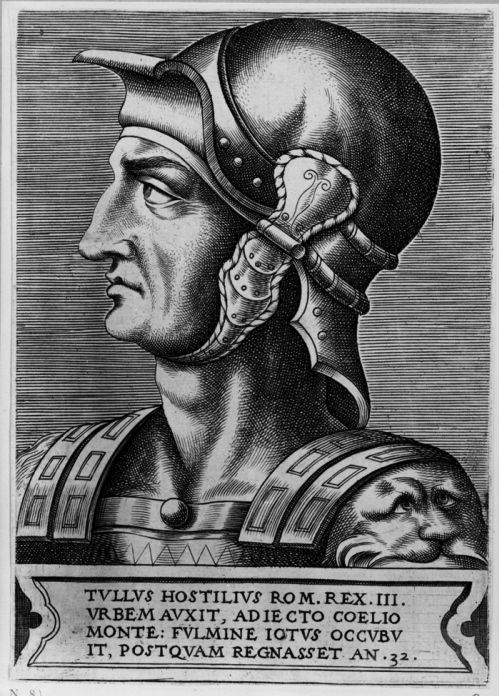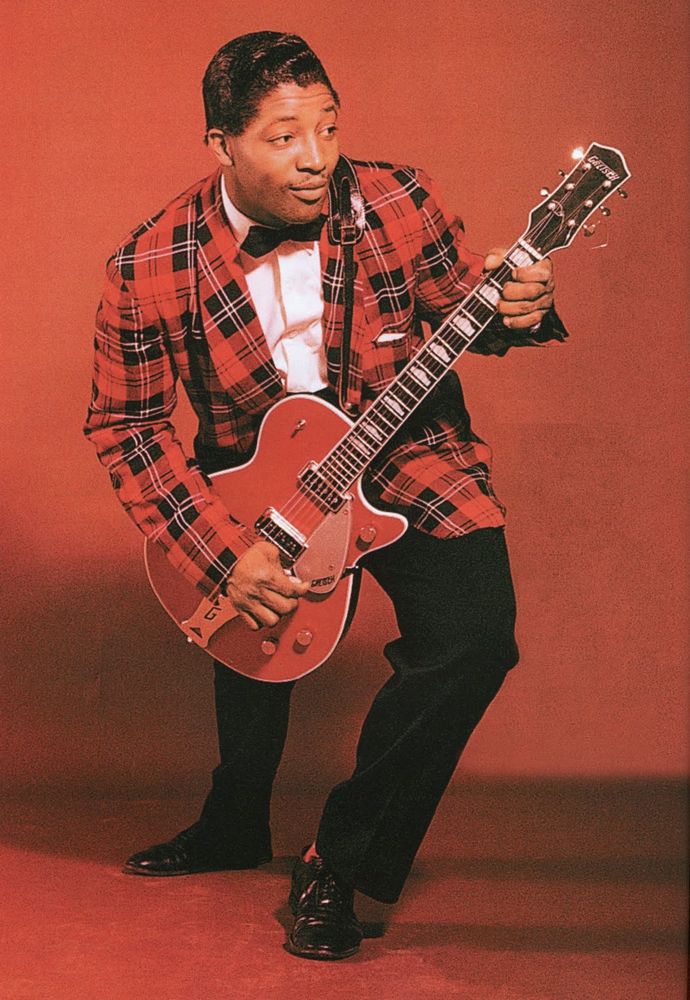A number of Dylan fans I know have nominated this song as the clunker among the Tempest tracks. The lyrics are brilliant, but musically the song is slightly monotonous, at least at first listening.
It uses the basic musical structure of Bo Diddley’s “I’m A Man”, with its repetitive stop-time figure. (As Peter Stone Brown points out in his excellent review of Tempest, both Diddley’s version of “I’m A Man”, as well as Muddy Waters’s, a. k. a. “Mannish Boy”, derive from Willie Dixon’s “Hootchie Coothcie Man”.) In the Chicago blues tradition, this structure is used as a platform for ornamentation by the vocalist and the instrumental soloists, which can inflect the repetitive figure in various exciting ways.
Dylan’s vocal doesn’t quite do this, but the more I listen the more I feel that David Hidalgo’s double-tracked accordion fills do. They are sort of ghostly, like echoes of the guitar or harmonica fills we’d expect to find in a more traditional blues arrangement, giving the track the feeling of a ghost blues. If you pay close attention to them, the music feels anything but monotonous, and the driving force of the ensemble keeps things lively all the way through.
Lyrically, the song is a kind of road map to the apocalyptic landscape of the album as a whole. The “early Roman kings” seem to be symbols of the wicked men ruling America today. They are vicious, supernaturally powerful, bent on domination and horrific violence. They are cousins to Tweedle Dum and Tweedle Dee from Love & Theft.
But Dylan, in the person of the narrator here, seems determined to fight fire with fire — to combat the ghoulish kings on their own terms. “You want to fight dirty?” he seems to be saying. “O. k., I’ll show you dirty.” The reference to the virile boasting of “I’m A Man” is clear. “I ain’t dead yet — my bell still rings.”
Dylan is definitely writing protest songs again, though they’re not political in any specific way, nor do they have any of the high-minded moral pleading of his protest songs from the Sixties. Dylan seems to feel that the time for pleading and persuasion has passed — it’s a time for fighting. On another song on the album he sings, “You can stand and fight or you can break and run.” There don’t seem to be any other choices.
In Early Roman Kings, Dylan gives the impression that he relishes the contest. Having decided to enter the fray with both fists flying, he sounds exhilarated. For an album that’s relentlessly dark and confrontational, relentlessly apocalyptic, the joy Dylan seems to be taking in the music is curious.
It may be the joy that the 300 Spartans felt at Thermopylae when they decided to fight to the death against impossible odds. They knew they would win, even after they were all dead. They knew the battle would mean something forever.
Back to the Tempest track list page.





Pingback: MY MOM | mardecortésbaja.com